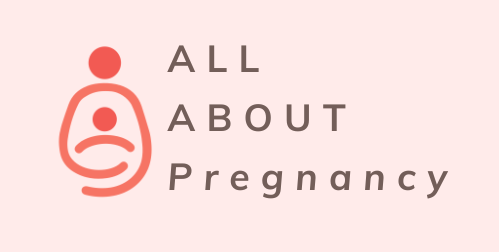The Benefits and The Importance of Breastfeeding
Posted on 28th January 2019 at 23:10
Breast milk is very important for every baby's diet. As the main source of nutrition for newborns, it contains nutrients that are naturally essential to infant growth and development. It boosts increased intelligence, often linked to higher IQ scores of the children when they transition to adulthood. Breast milk also has antibodies, which help lower the risk of infections and illnesses that may develop in the infant's early childhood.
Although highly suggested by obstetricians and gynecologists, breastfeeding is mostly a woman's personal choice. Its long-term advantages are beneficial both for the infant and the mother, some of which are listed below.
For the Infant
Normal Weight Gain
Breastfeeding lowers the chance of early childhood obesity among infants. Aside from that, being breastfed ensures that they will have normal weight gain, as they have received the right nutrients early on.
Healthy Infant Development
Breast milk can stand as complete food for the baby. Promoting easy digestion and good fats, breastfeeding contributes to the complete growth of the infant. Some of the possible key developments include good eyesight, full speech, and a highly functional brain.

For the Mother
Good Hormone Release
While breastfeeding, the mother's body releases oxytocin. More popularly known as the "love hormone", or the "cuddle hormone", oxytocin has psychological effects which is essential to the emotional attachment of the mother to her child. As it is released, it creates an impact to bonding behaviours and trust formation.
Quick Recovery From Childbirth
Oxytocin, as released during breastfeeding, helps the womb contract back down into the pelvis. This helps to reduce postpartum bleeding and to return the uterus back to its normal size.
Shed Gain Weight From Pregnancy
Since lactating women tend to use more energy and work during breastfeeding, an increase in fat burning occurs. Women who breastfeed tend to lose the weight they gained from pregnancy faster.
Prevents Postpartum Depression
Usually occurring days or weeks after childbirth, postpartum depression is a mood disorder affecting some new mothers. There are many causes but hormonal change that happens inside a woman’s body after giving birth may also play a role. The symptoms of postpartum depression may include tiredness, anxiety, sadness, or more server concerns such as hallucinations. Breastfeeding helps with moods and bonding with the baby which can reduce the chances of depression.

Breastfeeding, however, remains to be a mother’s choice, and it’s up to you whether to do it or not. If you’re deciding to go for it, it is normally recommended that a child is breastfed for the first six months.
Please do contact us here at Aster Baby Scan if you’d like any more advice or assistance around breastfeeding, we’re more than happy to guide you on your journey.
Share this post:




